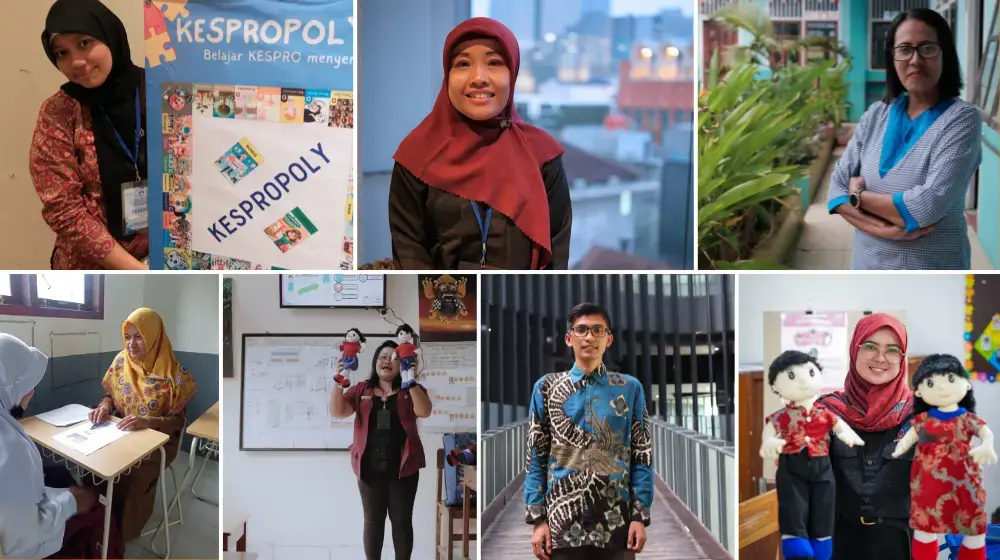Message for World Population Day 2012
Universal Access to reproductive health services
Dr.BabatundeOsotimehin, UNFPA Executive Director
Giving birth is typically the most joyful moment in a woman’s life. Yet, this very process takes the life of so many women worldwide. Every day, some 800 women die in pregnancy or childbirth from complications that are very often preventable. And for every woman who dies, around 20 more suffer debilitating childbirth injuries, such as obstetric fistula. We already have aninternational consensus on how to address that. All we need now are resources and accelerated and sustained action.
Working for the survival and the well-being of women and girls is a human right imperative. And in order to take advantage of women’s full potential in the development of their nations, theymust be able to plan their lives and families.This is why the international community is determined to making universal access to reproductive health a priority.
Today, as we commemorate World Population Day, it is time to re-energize our commitment touniversal access to reproductive health services,especially voluntary family planning. This commitment is as relevant today as it was when world leaders made it at the 1994 International Conference on Population and Development in Cairo.
Family planning is a basic human right. However, it remains meaningless unless individuals and couples have access tocontraceptives, information and services to enable them to exercise that right.
We have to meet the needs of the 222 million women who want to delay or avoid pregnancybut have no access to modern contraceptives. Thiswould help prevent 21 million unplanned births; this would also help prevent 79,000 maternal deaths and 1.1 million infant deaths.
We also have to address the special needs of young people—particularly adolescent girls. Today, pregnancyand childbirth-related complications are the major cause of deathamong girls 10 to 19 years old in most developing countries, while the highest rates of sexually transmitted infections are among young people aged 15 to 24.The needsand human rights of these young people must be urgently addressed.
On this World Population Day, UNFPA reaffirms its commitment to work with all of its partners to ensure that universal access to sexual and reproductive health, especially voluntary family planning, is recognized as a key element of the new international development agenda after 2015, and of all development and poverty reduction plans and policies.
Only then would countries be able to reduce poverty and social and economic inequality, improvethe well-being of their people and safeguard the health and rights of women, men, and young people.
Tags: World Population Day, Reproductive Health, Young People, Population




